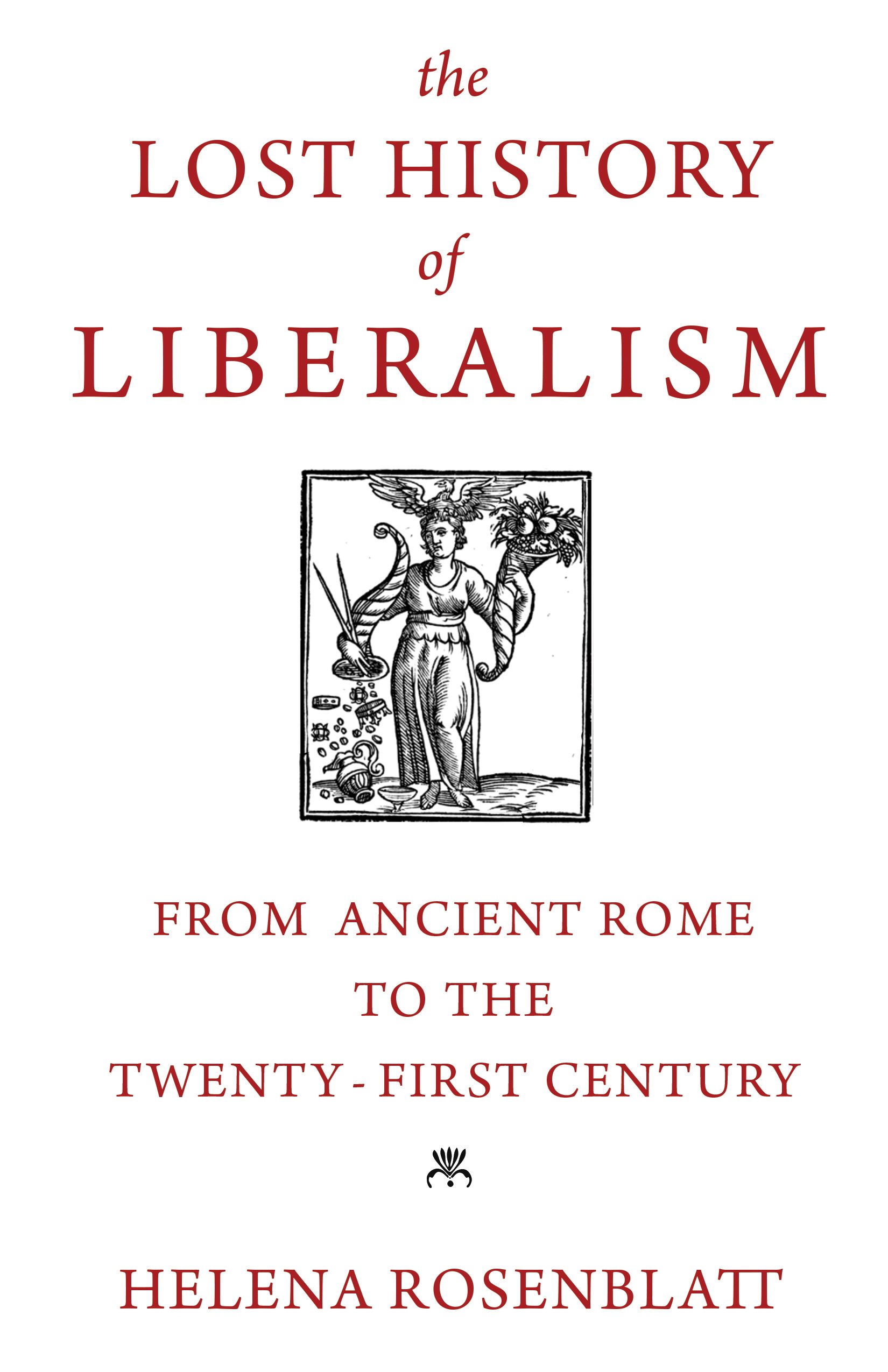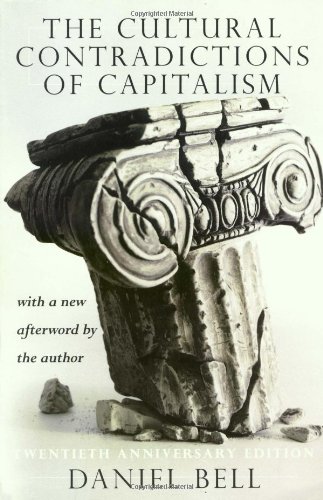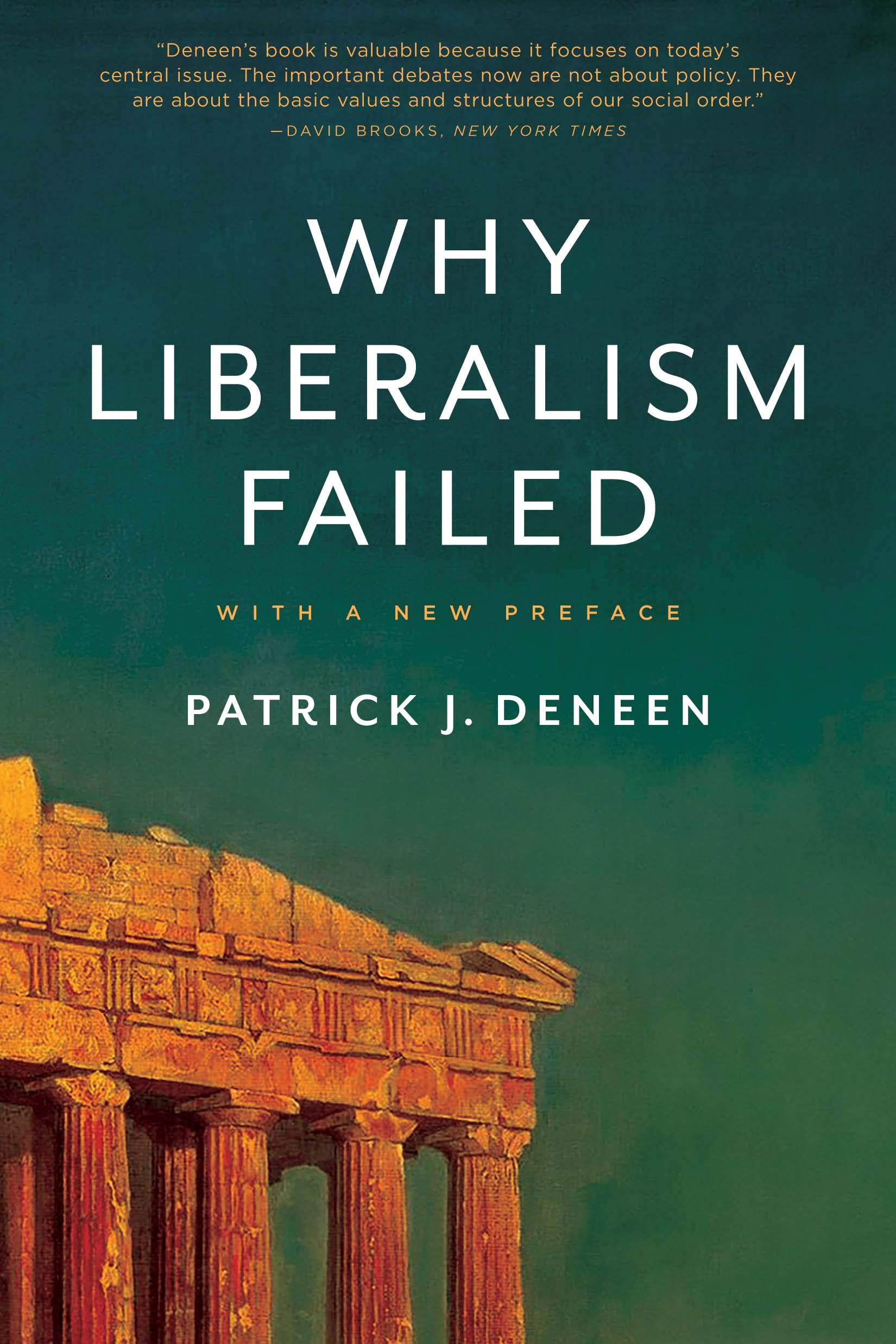The Center Cannot Hold
Thursday, January 14, 2021 at 3:07am
A sharp, ideological line can be drawn between my earliest period of writing (2013-2016) and everything after it (2017-present). This distinction manifests itself in anything with a political theme, most notably Voyage Embarkation, Insomnium, and Alterra in the former, and The Other and Intersection Thirteen in the latter. The difference is not so much that any of my politics have changed, but rather in how my political outlook has evolved over that time. The early period of my writing projects a world in which a form of liberalism will prevail and eventually bring geographically and culturally diverse peoples together. The later period projects a world where liberalism has fallen apart and has given rise to regimes that are oppressive in various ways.
The reason for this change is that, after the shock and horror I experienced in the aftermath of the 2016 presidential election, I decided to devote a significant effort to learning about how my society got to where it is and what could be done to make things better. I did not buy the line that the ineptitude and narcissism of the new president was a “blip” or some kind of strange aberration that would correct itself in time. I no longer wanted to assume that liberalism was the ultimate social organization, one which brings about widespread human happiness if given enough time to do its thing, “the end of history.” I threw that assumption away, and I read. In 2016 and 2017, I read more than a dozen books in this vein, but for this essay I’m going to focus on three in particular: The Lost History of Liberalism by Helena Rosenblatt, The Cultural Contradictions of Capitalism by Daniel Bell, and Why Liberalism Failed by Patrick J. Deneen. 
Early liberals were obsessed by the question of how one might craft a society that encourages people to be good rather than subservient and weak-minded, in the case of the lower classes, and self-absorbed and petty, in the case of the upper classes. The solution, they thought, was to set up a society which would drain the resources away from those latter groups and direct the resources towards works and endeavors that were good for people. The simplest way, some of them thought, was to make sure the mechanisms of the state disengaged completely from supporting the church and particular classes of people. Instead, the government’s job should be to allow wealth to flow freely to whomever was most effectively able to utilize it. In theory, the church and nobility would wither, and those with an interest toward others’ well-being would find themselves with the time and money to bring about improvements to society.
This is ‘classical liberalism.’
A great idea in 1750, proto-utopian even. The short version of the subsequent two centuries is that classical liberalism got tried throughout the world and that it both worked and it didn’t. It decidedly did take monetary power away from the church and nobility, just as classical liberals had hoped. By the beginning of the twentieth century, most of the centers of ‘ancient wealth’ were in dire financial straits. The church’s influence over individual’s lives was similarly reduced and would continue to wane steadily up through the present day. However, did liberalism improve the goodness of humanity by funneling money to ‘the most worthy?’ By the latter half of the nineteenth century, the answer was decidedly no. Those able to most efficiently manipulate capital turned out not to overlap very much with those most concerned about bettering themselves and others. The result was the end of the nineteenth century and the beginning of the twentieth, during which workers moved into dirty, crowded city, where industrialists exploited their labor to enrich themselves (“robber barons”), and gave little thought or care to the workers’ basic health and safety, let alone their moral and ethical well-being.
There were two responses to this situation in the United States. One group thought that these dire, exploitative conditions were a mere minor aberration that would correct itself in time. Nothing to worry about. Let classical liberalism continue on just the way it was initially imagined by the original eighteenth century thinkers like Locke, Hobbes, and Mill. Another group believed that after a century or so of exploitation, it was time to rethink aspects of classical liberalism. They believed that market activity should be constrained to prevent exploitation, and that the only entity powerful enough to do that was the government. Progressive liberalism was born.
Classical liberals were horrified. The government had been the seat of the monarchs. The original classical liberals had enshrined the principle of government subservience to the free workings of market forces for a reason. Any attempt to use government to manipulate market forces was, to their minds, the path back to the ignoble rule of hereditary aristocrats and church cardinals.
This conflict was never resolved. Today, in the US, we call classical liberals ‘conservatives,’ and progressive liberals ‘liberals’ (two of the most confusing and misleading terms that ever existed, but it’s what we’re stuck with). We are still arguing essentially over how involved the government should be in smoothing out the problems created by free markets, but no major political group in the US wants anything other than a free market. Remember that the next time someone throws around the word ‘socialist’ to describe something.
So, if that’s the broad, apolitical history, how then did we get into the mess of 2020? Why do we seem to be in a kind of death spiral? 
Take, for example, the consumer/producer dynamic. Free market capitalism operates on a system of producers, who make goods, and consumers, who buy them. The producers of some things are also consumers of others, and money, by flowing through this system (in theory) allows everyone to get what they need.
Bell throws a wrench into this system by identifying that the character of the ‘perfect’ producer for this system must necessarily be different from the character of the ‘perfect’ consumer. The producer must be dedicated, focused, determined, hard working, and, most of all, frugal. They must carefully decide how to apply their wealth to their endeavors, or their products will not sell. The consumer, on the other hand, must be willing to buy everything in sight, spend down their last penny, and gratify every desire or whim that comes to them.
Bell’s concern was that, in reality, good producers would not also be good consumers and vice versa. We would end up with two classes of individuals with enormously different economic outcomes, and this stratification would be worse than anything experienced prior to liberalism. Worse than that, because the market system requires year over year growth, there would be constant pressure to push individuals away from ‘producer’ behaviors and towards ‘consumer’ behaviors, eventually arriving at the situation where a vast bureaucracy needs to be administrated, but no one has the requisite skills to do so. The advent of progressive liberalism, he thought, had thrown this system into overdrive, since the programs designed to protect people from exploitation also required financial support, thus contributing to the need for increased economic growth. 
Regardless of those flaws in his worldview, I credit Why Liberalism Failed with identifying the mechanism by which liberalism undermines its own foundation. I see it as an evolution of Bell’s contradictions. Deneen uses the metaphor of the “pincer move.” He describes the two liberal factions—classical and progressive—as engaged in a kind of warfare of social organization. Unbeknownst to each faction, however, each win for the home team creates societal conditions that empower the other side.
Hence the pincer. In the broadest strokes, progressive liberalism’s victories in expanding access to social support systems cause budget gaps that need to be filled by economic growth, putting pressure on economic systems to encourage more growth by any means possible. Classical liberalism’s victories in deregulating business operations to maximize economic efficiency lead to human and environmental exploitation, and create conditions requiring the intervention of the state.
Neither side can ever truly “win.” Instead, we are doomed to move ever forward with each side “winning” a little more every year only to be ever more horrified at how the other side seems to be somehow “winning” as well. Anyone in the position of having watched American politics for multiple decades should find this description eerily familiar.
Why Liberalism Failed doesn’t make any clear case for how to rectify the situation, except to say that a post-liberal ideology needs to find a way to retain liberalism’s humanistic element, its respect for the dignity of all human beings, while eschewing the element Deneen believes to be liberalism’s core destructive force—the idea that individuals are bearers of rights rather than responsibilities. Although I agree with Deneen’s analysis of what is wrong, I suspect I would not find his ideal society an ennobling place, one I imagine to be a kind of “enlightened Catholic theocracy.”
What I can commend him for though is what liberalism shed in the middle of the nineteenth century—a concern for what kind of society will make us good, and what will make us bad. Nowadays we fight over what changes will make us more able to do whatever we want, or have more money, or have more privilege, or remake our external circumstances in any myriad ways, but looking back through time, the externals were not originally the goal, and much has been written about why they shouldn't be. The goal should not be freedom to do as we please, but the freedom to do good.
I will not pretend to have “the answer.” Unlike Deneen, I refuse to fall back on any particular extent tradition. What I become more certain of with each passing day is that liberalism is self-destructive. Being realistic about who I am and what power I have to make a positive impact, I will stick to what I can realistically do, what I am good at, which is to care about how I treat other people, how to be good, how do well to others on the only social scale at which I have any level of control—my relationships with others. I’ll tell them about what I think the good life is, and they’ll tell me I’m wrong and help me hone in on a target I’ll never reach, but life becomes callow and empty unless one is at least grasping for it.
If you’re wondering if I’d ever turn all these thoughts into a novel, I’d suggest that I probably already have. Although most people are going to mistakenly think it’s a paean to old books.









